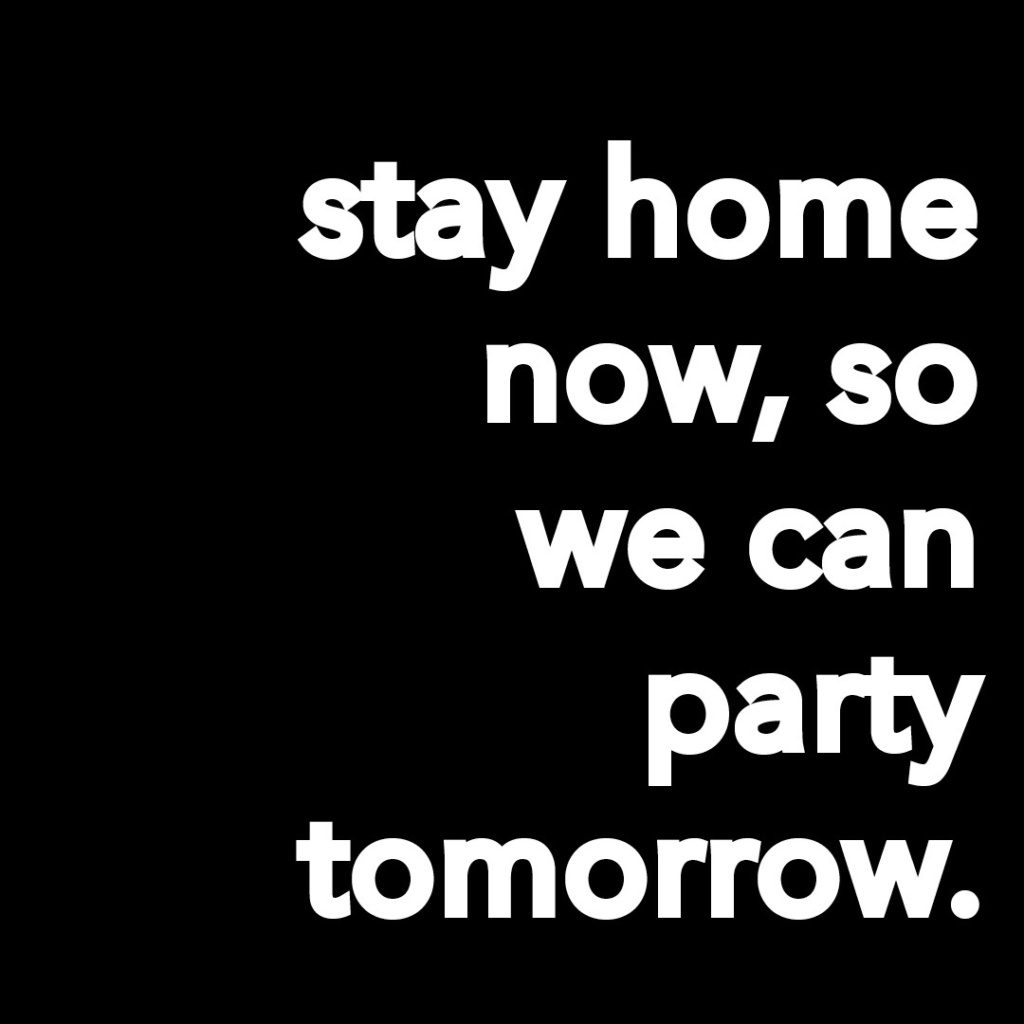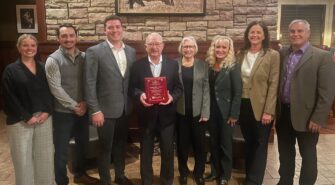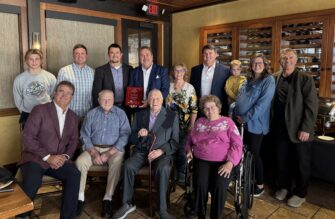Preeminent thought leader on generational wealth to share insight at family business conference
Recent News
The days of conventions, big corporate meetings, in-person fundraisers and social events might be on hold, but any true event planner knows how to pivot.
That’s what Addie Graham-Kramer and her team at The Event Company have been doing since COVID-19 changed plans for their entire year.
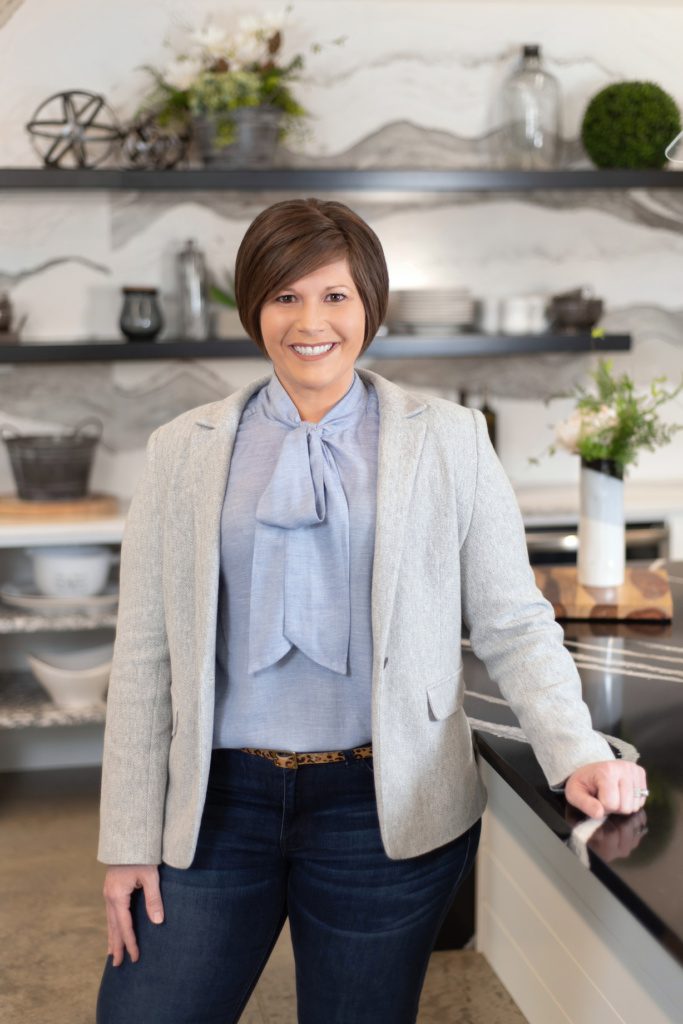
We caught up with her for strategies businesses can implement as they consider changes to their own upcoming events.
What have the past couple of months been like in the event planning business? How has your world changed?
Our team was keeping a close eye on how events across the country were being impacted by COVID-19 even before conversations surrounding events locally began. We saw that South by Southwest, one of the largest tech, music and film festivals, was canceled, followed by the NCAA championship. We were coming back from being out in Rapid City for a site visit for an upcoming event and listening to President Trump declaring a national state of emergency, and we knew then our events would also be impacted. Everything was – and has been – moving so quickly, and to be completely transparent, our team hasn’t stopped since that day. Whether we are hosting educational sessions about virtual events for our community or attending training seminars for our team to better our skills, we have been working hard to ensure that our clients are taken care of and that we’re able to execute events as flawlessly as we can amidst the ever-changing world of hospitality.
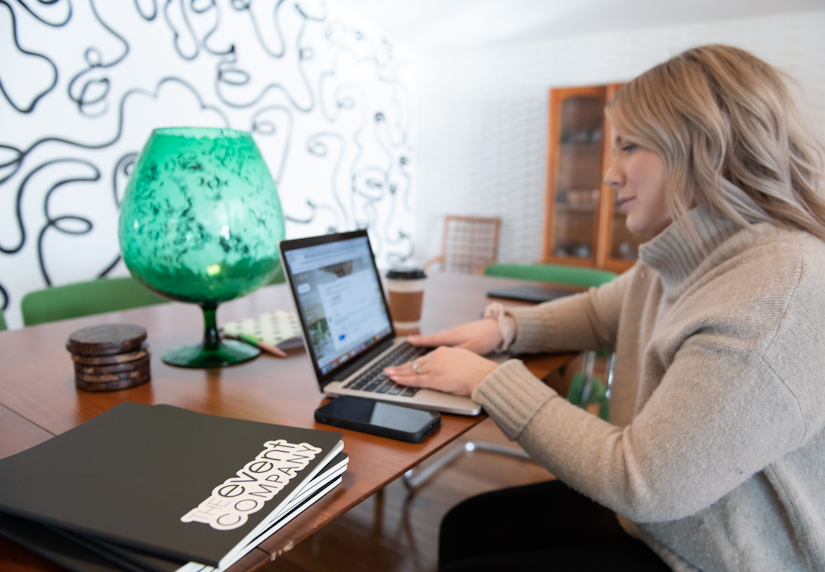
What are organizations doing for their events? Are they canceling entirely or have some pivoted to virtual?
There have been just a few select events that have canceled, but the majority of corporate and nonprofit events have either postponed their live events to another date later this year or they have moved to a virtual event. Those that have pivoted to hosting them now are either going 100 percent virtual or a mix of pre-recorded videos from their team members/keynote speakers in addition to a virtual livestream.
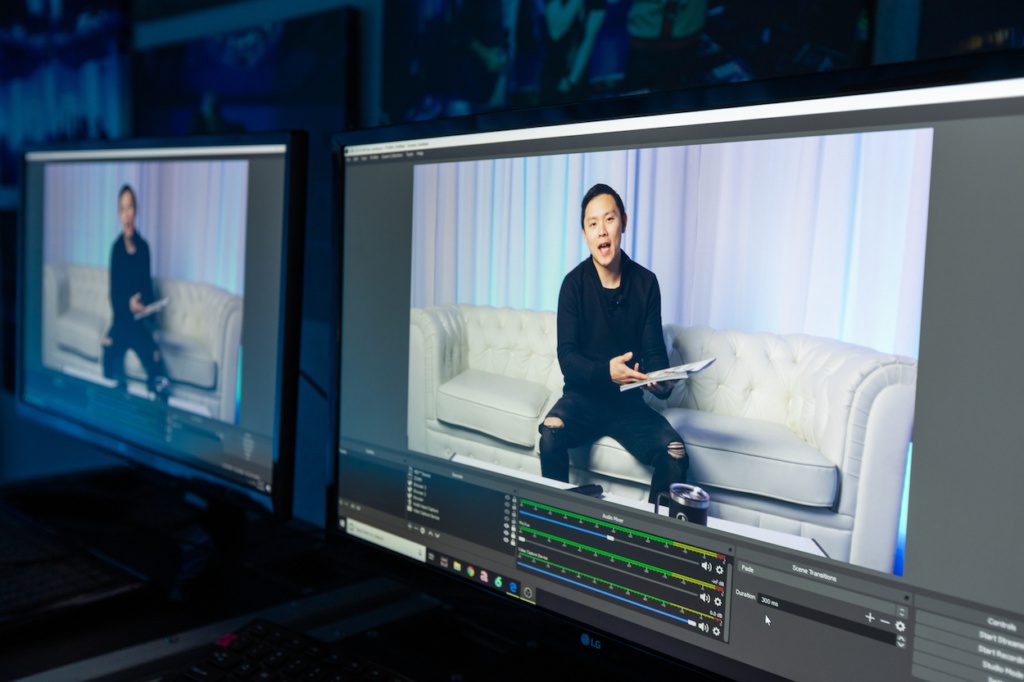
Tell us about some of the ways you’re able to create a “guest experience” within someone’s home.
Great question! Now, more than ever, guest experience must be top of mind for our clients and the events that they are hosting virtual. There are many external factors at home vying for attention, including our families, four other Zoom calls throughout the day, walking the dog, keeping our house in order, and the list goes on and on.
One way to have your event be a standout at home is to create a more integrated, experiential moment for your guests by packaging pieces that would’ve been featured at the event – and other engaging elements custom to the event – into a box, include a message from the event host and ship these out to their homes. Some of these pieces could be opened together with all guests at the same time – like a cocktail kit with mix-ins being delivered to their home for a virtual cocktail party! We’re having such a fun time with creating these custom boxes for our clients and have even shipped some to our vendors too. Their reactions are priceless! Plus, it makes for great social media content for your organization!

You also help produce the annual conference for the Prairie Family Business Association, which was supposed to happen in April and brings together family business leaders from across the region. How are you helping the organization with its contingency plan?
As we started having conversations about the options to move the event to this fall, we worked closely with the Hilton Garden Inn Downtown to find various dates that would be optimal for our two-day event but also the most effective way to cancel hotel rooms so that it wouldn’t be a burden on our attendees. We helped Prairie Family Business Association develop communications to share with attendees to guarantee a clear path of next steps as we plan for the event this September. Our team is now working side by side with Prairie Family Business Association as they have conversations with our featured keynotes, breakout session speakers and event sponsors and to ensure we are keeping guest safety top of mind.
What about fundraising events? Are there ways organizations can continue to hold those – and still see success – virtually?
When it comes to fundraising events, now is the time to stay the course and continue those conversations with key donors, board members and stakeholders. For many organizations, their annual events have become a significant part of their revenue and help to fund key programming and operations that better our community. What this means is that “the show must go on”; however, that show may look a little differently these days. If that means going virtual and hosting your annual fundraising gala with guests in their gowns and tuxedos in their living rooms, then do it!

Invite your emcee to still host the event but through a private YouTube page, Zoom webinar-style session or even Facebook Live. You can move your auction to mobile bidding. Get your event sponsors involved with the evening as well by providing a message to guests. Communication is key when transitioning to a virtual event, and I would err on the side of over-communication so that guests know how they can still participate and be a part of your fundraising efforts.
What are you hearing in the industry going forward? Are there some new strategies emerging as people begin to look at getting back to in-person events?
Our industry is reimagining what events look like to ensure guest safety, including hosting hybrid events, which could be a combination of in-person/live events coupled with a livestream or virtual elements for those guests that want to still be involved but can’t be there in person. This includes keynote addresses that could be shown on the big screen instead of onstage.
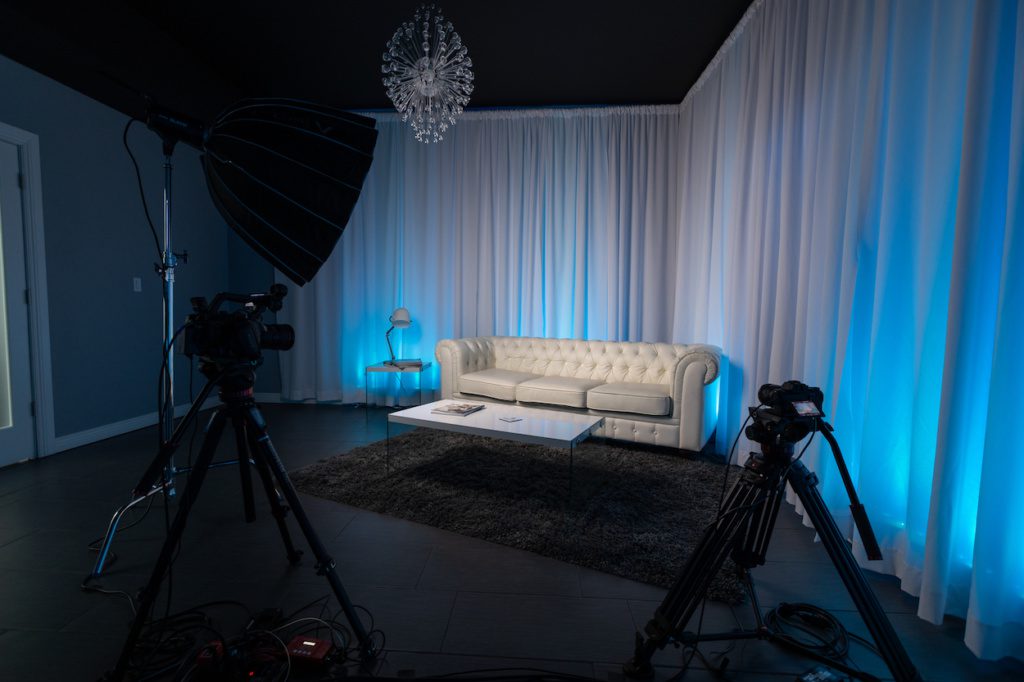
What about if a business or organization is thinking about a big event next year? How should they be planning?
If you are thinking about planning a big event next year, start planning now! Since events this spring and summer have moved to fall and winter, dates are quickly filling up for later this year and even into 2021. For many businesses and organizations, their team members haven’t been together for several weeks. Consider planning a companywide appreciation party and bringing your team members together to unite. But be sure to have those conversations now, and plan ahead!
This is a first for all of us in the event and hospitality industry, and if you’re considering hosting an event in the next year, we would encourage those in the community to keep an open mind about ways to host their event. It may not look like what you first imagined or how it was in the past; however, your event professionals are learning new strategies each and every day to make it the absolute best!
Long-term, do you feel like the pandemic will permanently change how events are held? Or is it too soon to tell?
We have been a part of various conferences and sessions with event planners and industry professionals from throughout the country in these last few weeks, and while it may be a bit too early to tell what will permanently change, we know that in-person events will live on! The consensus in these conversations that we’ve been having is that in-person and live events will be back because 84 percent of business leaders believe that in-person events are a critical part of their B2B success.
These moments are very important to how companies and organizations do business. Now these events may look a bit differently in that handshakes may be discouraged with signs stating so, hand sanitizer stations could be near each entrance/exit of the venue doors, buffet meals may be put on hold for box lunches or plated dinners and instead of packing tables full of guests, we may seat fewer people at tables. These next few months will most certainly be telling of how our industry will host events differently.
